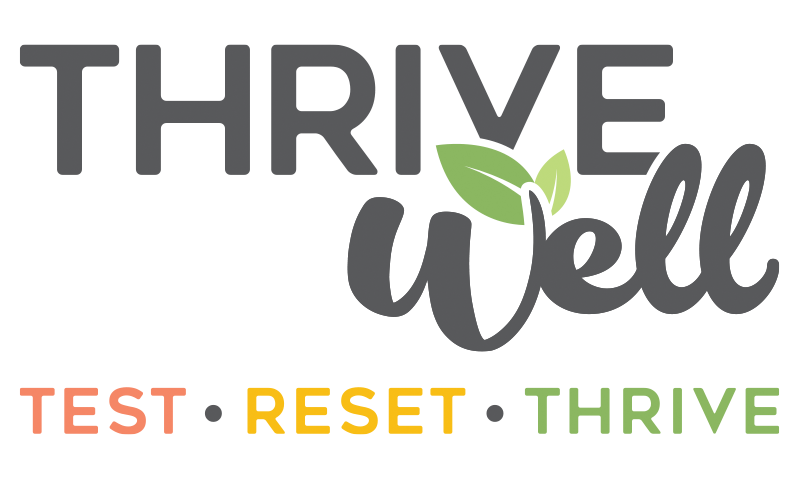Allergies are a common problem, and histamines play a critical role in their development. Histamines are released in response to allergens and can cause inflammation. Understanding histamines is critical to managing allergies. There are ways to reduce histamines in your life, and it is important to know how they work and why they are important. Histamines play a key role in regulating estrogen levels, and consequently, inflammation. When histamines are released in response to an allergen, they can cause explosive effects, including inflammation. While there are ways to reduce the impact of histamines on your life, it is important to understand how they work and why they are important.
1. What are histamines and what do they do?
Histamines are chemicals that are released by the body in response to allergens. They play a critical role in regulating estrogen levels, and consequently, inflammation. When histamines are released, they can cause explosive effects, including inflammation. There are ways to reduce the impact of histamines on your life, but it is important to understand how they work and why they are important.
Histamines are released when the body comes into contact with an allergen. The most common allergens are pollen, dust, animal dander, and certain foods. When histamines are released, they cause the blood vessels to constrict and the airways to narrow. This can lead to symptoms such as sneezing, itching, watery eyes, and difficulty breathing. In severe cases, histamines can cause anaphylactic shock, which is a life-threatening reaction.
2. Ways to reduce histamines in your life
Histamines play a critical role in regulating estrogen levels, and consequently, inflammation. When histamines are released in response to an allergen, they can cause explosive effects, including inflammation. Histamines are important for our body because they help to regulate estrogen levels and inflammation. However, there are ways to reduce the impact of histamines on your life. here are some tips:
- Avoid foods that contain histamines or trigger the release of histamines.
- Take an antihistamine medication before exposure to histamines.
- Use a nasal spray or drops to reduce histamine production.
- Use a topical cream or ointment to relieve histamine-induced itchiness or inflammation.
- Avoid hot showers or baths, which can increase histamine production.
- Wear loose-fitting, breathable clothing to avoid triggering histamines.
- Limit your exposure to allergens and other triggers of histamine release.
- Consult with a doctor if you have severe histamine reactions.
3. Histamines and food
Histamines are present in many foods, and can trigger a histamine reaction.
Some of the most common histamine-containing foods include:
- alcohol
- cured meats
- fish
- shellfish
- smoked meats
- vinegar
If you are histamine intolerant, it is important to avoid these foods. You may also need to take an antihistamine medication to help control histamine levels in the body. In severe cases, you may need to receive injections of histamine-blocking medication.
If you think you may be histamine intolerant, talk to your doctor. They can perform tests to determine if histamine intolerance is the cause of your symptoms. Once a diagnosis is made, you can work with your doctor to develop a treatment plan that works for you.
Conclusion
Histamines play a crucial role in our lives, regulating estrogen levels and inflammation. However, when histamines are released in response to an allergen, they can cause explosive effects, including inflammation. While there are ways to reduce the impact of histamines on your life, it is important to understand how they work and why they are important. Here are some key ways to reduce histamines in your life:
- Avoid histamine triggers: Identify what substances or activities cause your histamine levels to rise and try to avoid them as much as possible.
- Block histamine receptors: There are medications that can block histamine receptors and prevent histamines from binding to them.
- Take histamine-lowering supplements: Supplements like quercetin and vitamin C can help to lower histamine levels in the body.
- Limit alcohol consumption: Alcohol consumption can cause histamine levels to rise, so it is important to limit your intake.
- Exercise regularly: Exercise has been shown to reduce histamine levels in the body.
While histamines are a necessary part of our lives, it is important to be aware of how they can impact us and take steps to reduce their impact on our lives.
We are often chasing symptoms and using an antihistamine, however it’s time to ask why… Why do we need an antihistamine? Put your detective hat on. Take the roof of your automobile – your body. Just as we take our car to a body shop when the check engine light comes on, you probably have many check-engine lights on. Pay attention to those warning signs. Be a root cause investigator. Join my facebook group and get free access to my histamine webinar.
By following these simple tips, you can help reduce histamines in your life and reach your health goals! If you’re looking to become a more healthier, vibrant version of yourself, check out my Heal your Gut, Heal your Body program.
For more support please join my free Facebook Group Thrivewell where there will be extra tips and support to guide you along your journey or you can find me on Instagram.



